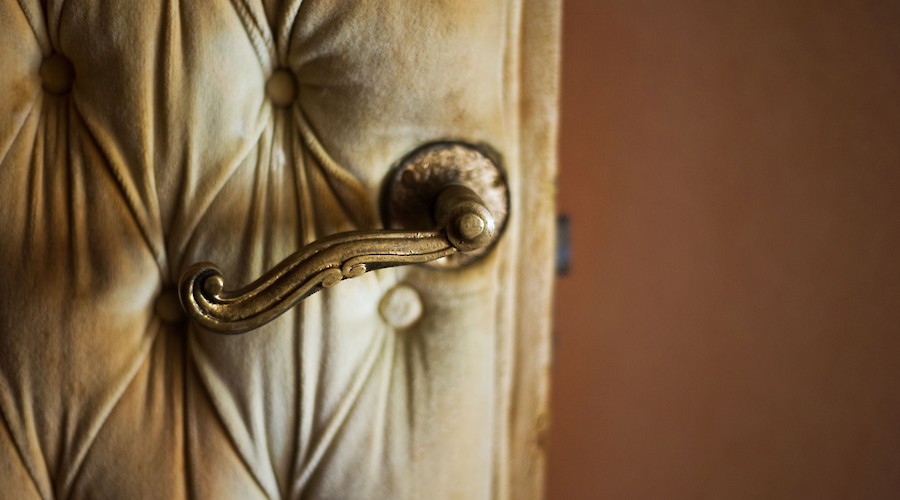Beatriz Ruibal: Inventory of What Might Have Been and (Never Was)

In this exhibition, Spanish artist Beatriz Ruibal reflects on her career-long aesthetic research into the impossibility of recreating the affective memory that shapes us.
Spanish visual artist and filmmaker Beatriz Ruibal has earned a place of distinction among the artists of her generation thanks to the intimate quality of her work and her attention to everyday details, inviting spectators to sink into an introspective moment of stillness. Comprising various thematic groups of photographs and four audiovisual productions, the different series in Beatriz Ruibal: Inventory of What Might Have Been and (Never Was) reflect on Ruibal’s career-long aesthetic research into the impossibility of recreating—with crystal clarity, no gaps and no contamination—the affective memory that shapes us. In this show the artist does inventory with different photo and video series, asserting the utility of memory and nostalgia as defence mechanisms in a fragmented, globalised world.
The poetic facet of Beatriz Ruibal’s artistic career reached a milestone with her project Madre (Mother), shown in the Official Section of PhE 2014, an exploration of the absence of her own mother, Carmen, who died in April 2010. The entire project, consisting of various photographic sub-series and two audiovisual pieces, is an implicit, poetic portrait of Ruibal’s mother pieced together from photographs of some of Carmen’s personal effects and her domestic environment. Those pictures, which Ruibal began to take in September of that same year, offer a thought-provoking meditation on the fundamental connection between photograph and memento.
Another element in the inventory is Skyline Memory, desvanecidos en el aire (Skyline Memory, Vanish in the Air), a film that won awards at several international festivals. Offering a poetic perspective and positing skyscrapers as warehouses of memory, the narratives in this refined film revolve around different authors who draw on their emotional and poetic recollections to write about a Madrid skyscraper, questioning and inventing fictions about life and time in a never-ending process of construction and collapse.
Beatriz Ruibal: Inventory of What Might Have Been and (Never Was) also includes part of the project completed during her residency at the Royal Academy of Spain in Rome in 2017. Roma 1974 (Rome 1974) is a documentary that explores the archaeology of memory. Some years ago Ruibal inherited a number of old, never-released Super 8 movies containing testimony of immense historical and personal value about an important arts community in the Roman neighbourhood of Trastevere, a popular gathering place for prominent personalities of the Italian and international cultural scene in the 1970s, including her aunt and uncle.
Roma 1974 strikes up a dialogue with this audiovisual footage on a journey of investigation and personal discovery through the streets, workshops, studios and other places frequented by that community. While shooting Roma 1974, Ruibal began to work on several new photography series and other audiovisual pieces inspired by the notes in a journal she started upon arriving in Rome. The appropriation of faded stills from that inherited footage and the presence of fractures in the montage of a photographic record, defying the criteria of objectivity so prevalent in contemporary photography, are well-suited to an adventure about the need to recreate the fragility of a memory that is disrupted at every turn.
Opening of the exhibition on November 2, at 7 pm. Free.